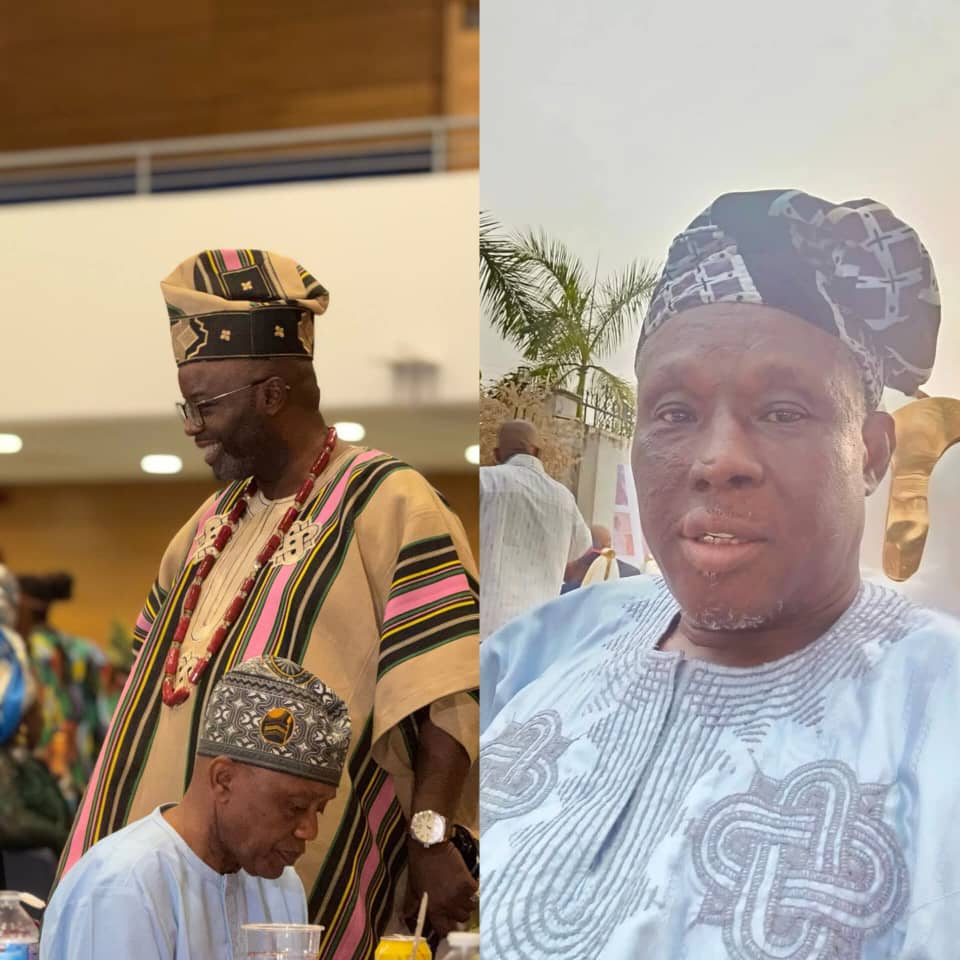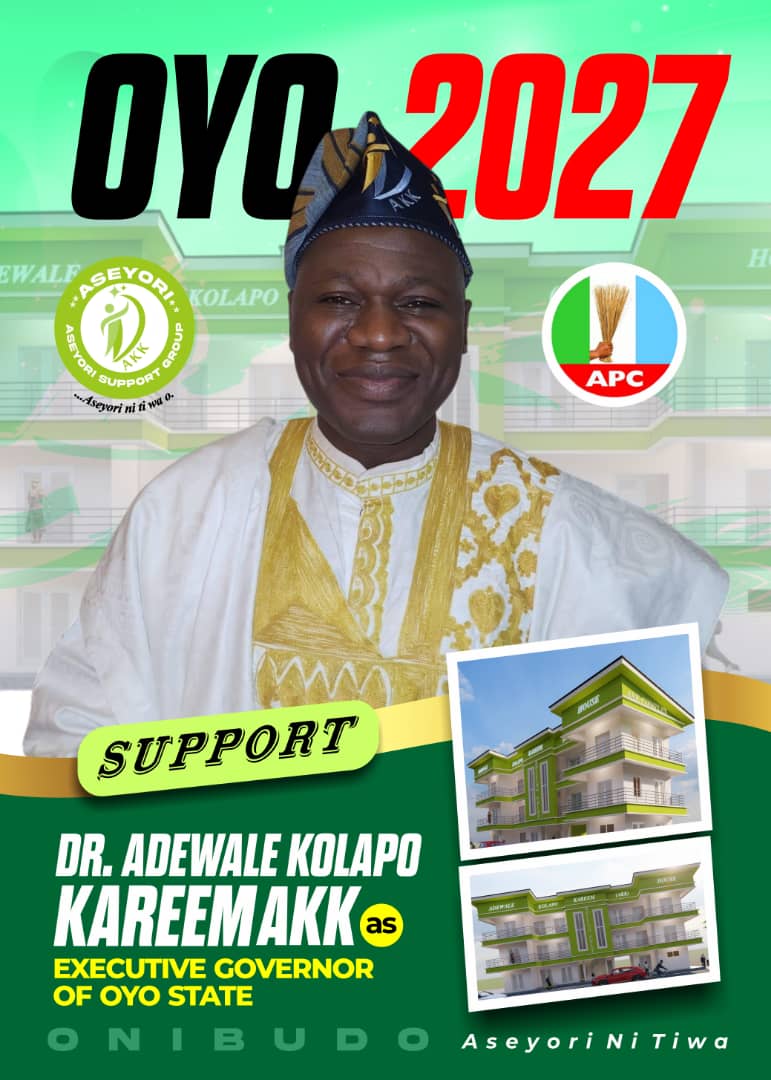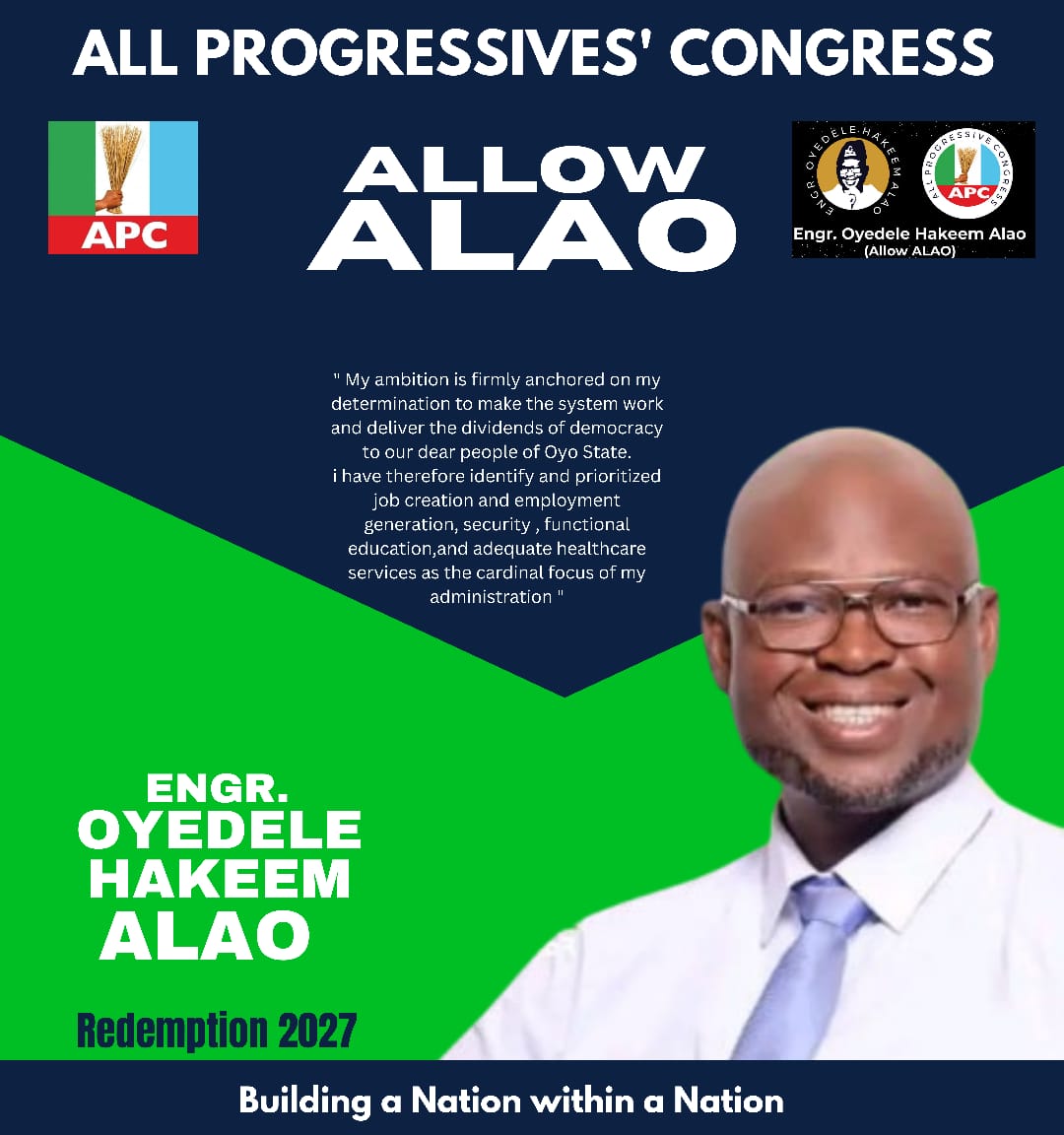

Ibadan Mogajis, Adanla, Oloko, Others Condemn Mogaji Gboyega Adejumo Over Historical Distortion of Olubadan Chieftaincy History
Prominent Ibadan Mogajis, Abass Oloko and Mogaji Abdujelyl Karheem Adanla, have condemned Mogaji Gboyega Adejumo for his comments that distorted the historical role of the Alaafin in the crowning of the Olubadan of Ibadanland.
In separate statements, Oloko and Adanla described Adejumo’s remarks as uncalled for and disconnection from the present realities of the traditional chieftaincy structure in Ibadan and highly revered Olubadan stool.

They emphasised that the Olubadan stool is an established institution that does not require the Alaafin’s consent for Olubadan to be crowned.

Mogaji Adanla who is the CEO of Afia Construction Ltd. stated, “It is imperative for us to uphold the integrity of our traditions, especially, Olubadan stool.

“The Olubadan stool is rooted in a rich history that deserves respect.”
“I urge the Olubadan in council to ensure that those who hold the title of Mogaji understand their responsibilities and the weight of our heritage.
“We cannot allow historical inaccuracies to tarnish the legacy of our ancestors.”
“My take on this matter is to appeal to the 44th Olubadan of Ibadanland, Oba Senator Rashidi Adewolu Ladoja to please pay proper attention to who becomes Mogaji in Ibadan and I urge Olubadan-in-Council to call this particular Mogaji to order.
On his part, Mogaji Abass Oloko remarked, “Anyone who cannot honour the traditions of Ibadan should reconsider their position as a Mogaji.”
“Distorting our city’s rich cultural and political heritage is unacceptable. We must stand united in preserving our history and passing it on accurately to future generations.
” Our identity is at stake, and it is our duty to protect it,” he further asserted.
Also speaking, Abdulwaheed Badmus, an Edinburgh-based Ibadan indigene, clarified that the Alaafin was never a monarch over all Yoruba towns or kingdom but served as the emperor of the defunct Oyo Empire.
He highlighted that colonial powers significantly diminished the authority of traditional rulers, a situation that was not rectified following Nigeria’s independence in 1960.
“Since Nigeria became a Republic in 1963, the powers of monarchs have been drastically reduced without any constitutional roles,” he explained.
Badmus further asserted, “Ibadan will always be a kingdom with its own governance structure, comprising 11 local governments. I urge anyone distorting our history to cease such actions immediately.”